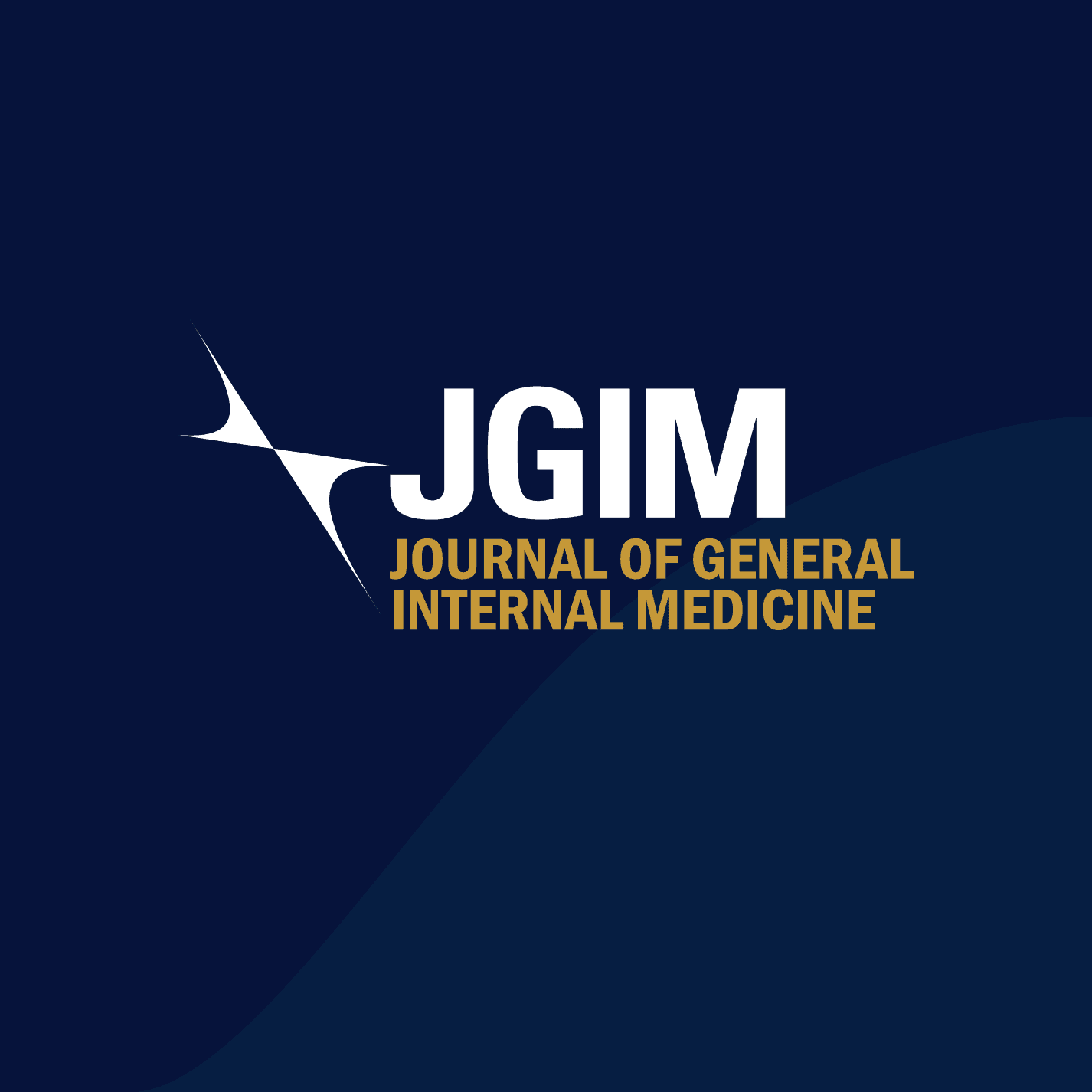Abstract
Background
Unsheltered older adults experiencing homelessness constitute the fastest-growing segment of the US unhoused population. Research shows that older unsheltered adults have more chronic health conditions and experience accelerated aging. Little is known about the unique considerations in providing care and support for this population.
Objective
To explore the experiences of aging and managing serious illness from people experiencing unsheltered homelessness and from the street medicine team members who care for them.
Design
Qualitative, semi-structured in-depth individual interviews.
Participants
Street medicine team members and patients receiving street medicine in Los Angeles.
Approach
Interviews were guided by a semi-structured interview guide developed by the team, audio-recorded, and transcribed verbatim. Field notes supplemented transcripts. Transcripts and field notes were analyzed by two independent coders following a thematic analysis approach rooted in grounded theory.
Key Results
Eight street medicine team members with varying experience caring for patients experiencing homelessness (1–16 years) and from multidisciplinary backgrounds were interviewed. Team members were, on average, 39 years old (SD 7.4 years), 63% female, and 50% white. Eight patients were interviewed and identified as male (63%), having 3 + chronic health conditions (100%), and aged on average 56 years (range 50–71; SD 4.7 years). Thematic analysis of the interviews revealed two major themes on challenges and considerations for the following: (1) Caring for older adults experiencing unsheltered homelessness (subthemes: Medical, Interpersonal, Environmental, and Systemic), and (2) Shelter, long-term care, and end-of-life planning among older adults experiencing unsheltered homelessness (subthemes: Permanent shelter, Rehabilitative and institutional care, and End-of-life care planning).
Conclusions
Team member and patient perspectives offered insight into significant challenges faced when trying to apply conventional healthcare practices to the unique circumstances of the unsheltered setting. Findings suggest actionable strategies with implications for both policy and practice to better meet the needs of unsheltered homeless older adults.
Related Articles
Clinical Utility of Routine Monoclonal Gammopathy Testing in the Evaluation of Peripheral Neuropathy
Abstract Background Peripheral neuropathy can be associated with certain monoclonal gammopathies; therefore,…
Starting Two or More Drugs Concurrently in Primary Care: How Often Is It Done, How Often Is It Needed?
Abstract Background There is growing awareness of the need for more cautious,…


